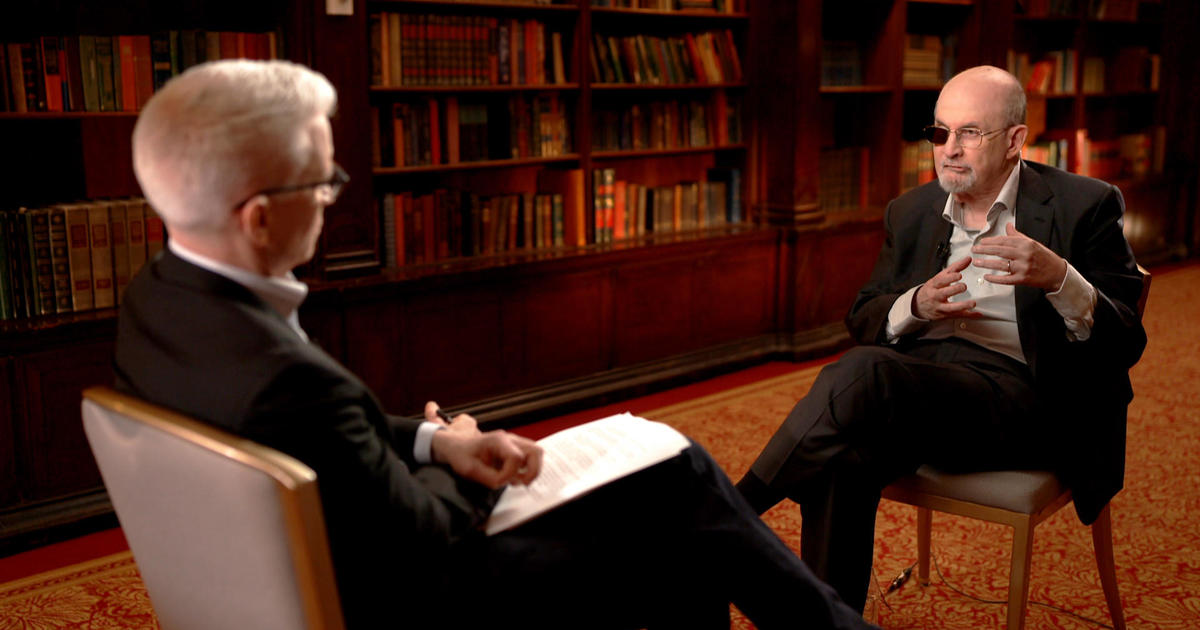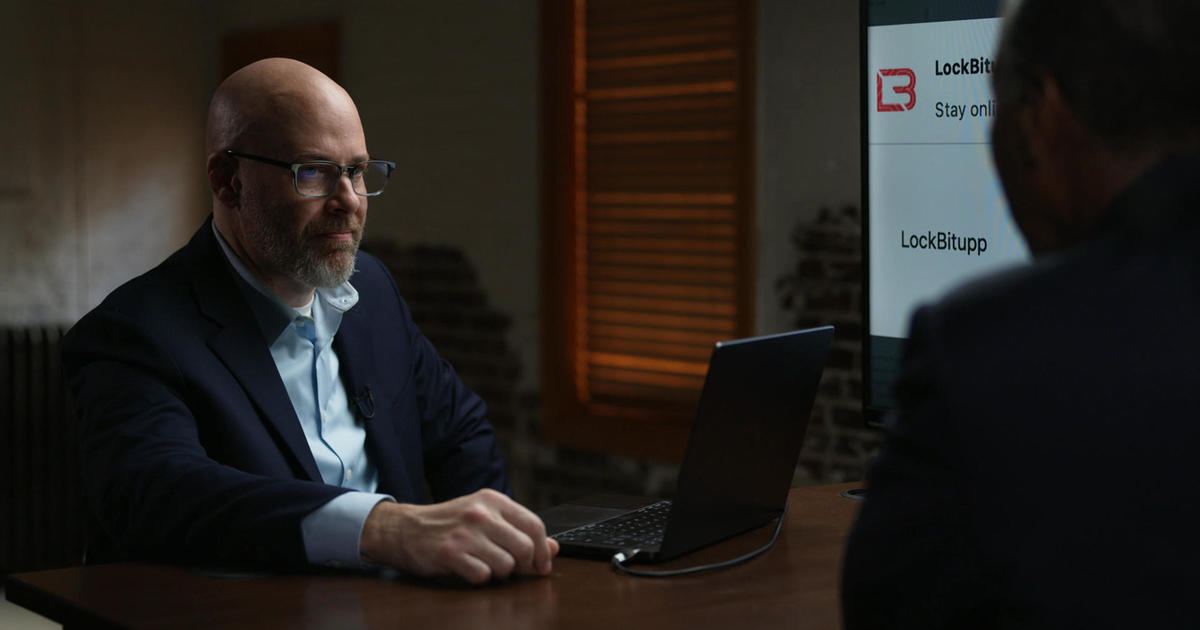Bitcoin price may "implode," Saudi Prince Alaweed says
Another week, another bitcoin bubble warning from another financial titan.
Prince Alwaleed bin Talal, the Saudi billionaire investor, today followed recent bitcoin critics JPMorgan (JPM) CEO Jamie Dimon and Blackrock (BLK) CEO Larry Fink and told CNBC in an interview the cryptocurrency will "implode one day."
"It just doesn't make sense. This thing is not regulated, it's not under control, it's not under the supervision" of any central bank, said Alwaleed, who's No. 50 on the Bloomberg Billionaires Index. "I think it's just going to implode one day. I think this is Enron in the making."
Dimon recently called bitcoin a fraud, and Fink said it's "an index of money laundering" recently. Enron, of course, was the energy company that imploded amid an accounting scandal in the early 2000s.
Alwaleed's remarks come after bitcoin's value reached $100 billion last week, more than the market value of either Goldman Sachs (GS) or Morgan Stanley (MS) and up from just $10.4 billion about a year ago. It's just the most recent in a string of records.
The cryptocurrency's value slipped slightly during Monday trading, to about $97 billion, according to CoinMarketCap, which tracks cryptocurrency prices and lists more than 1,000 different types of digital money. Most of those are worth fractions of a penny and lack the market demand to last. Bitcoin, which was invented in 2008 by a person or persons using the pseudonym Satoshi Nakamoto, is one of a handful of exceptions -- at least so far.
"If bitcoin crashes from here, will that be enough to prove it was a bubble? Not necessarily, as we have seen it crash and recover many times over the past seven years," wrote Charlie Bilello, director of research at Pension Partners, in his Oct. 23 blog. There's no formula for identifying a bubble, "even in hindsight," he wrote.
"People assume that when bubbles burst they go to 0," he wrote. "But that doesn't have to be the case, as we've seen with the Nasdaq and the Housing bubbles which both crashed and have since recovered to hit new highs."
Some critics have said bitcoin's soaring price -- and speculation about a bubble and possible crash -- may slow the pace of retailer adoption in the US, even as as its popularity seems to climb with the public.
And the technology has some fans. Fidelity Investments CEO Abigail Johnson told a conference earlier this year that she's "a believer," according to Quartz. "I'm one of the few standing before you today from a large financial services company that has not given up on digital currencies," she said.
Regulators around the globe are reacting differently to bitcoin, wrote Paul Ennis and Donncha Kavanagh from University College in Dublin in a piece earlier this month posted on The Conversation, an academic website.
China and South Korea have shut down initial coin offerings, known as ICOs, for cryptocurrencies, while US regulators have issued a warning they might be subject to securities laws, the pair wrote. Conversely, Japan earlier this year started accepting bitcoin as legal tender, helping push prices of the currency higher over the summer. Last month, Japan's Financial Services Agency approved 11 companies as operators of cryptocurrency exchanges.
"While the Chinese regulators did not explain why they banned ICOs, they were probably most concerned about the danger to investors, given the prevalence of ICO scams," the researchers wrote. "And they probably should be banned if they are merely schemes to avoid securities laws that exist for good reason."



